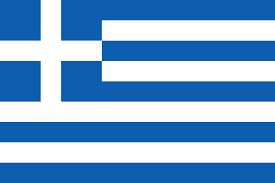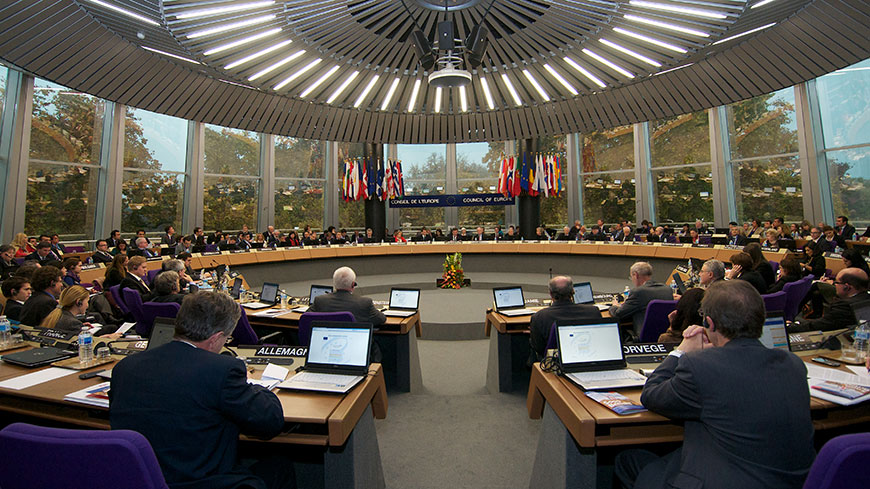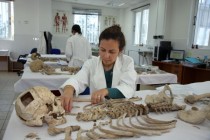Greece has failed to implement a human rights ruling against the closure of Turkish associations, 10 years after it was handed down.
The country was slammed by the Committee of Ministers, the Council of Europe’s statutory decision-making body, over a case relating to the “violations of the right to freedom of association”as set out in Article 11 of the European Convention on Human Rights.
In a decision published following a recent meeting in Strasbourg, the Committee of Ministers called on Greece to “rapidly take all necessary measures so that the applicants’ cases are examined by the domestic courts” and to keep it “informed of all relevant developments”.
It “deplored that, despite the efforts made by the authorities . . . ten years after the European Court’s judgments two of the present associations remain unregistered and one dissolved”.
The committee “noted with deep regret that the registration of another association in the Thrace region was rejected in 2017 by a final judgment of the Court of Cassation on grounds already criticised by the European Court in its 2008 judgments concerning the present cases”.
In the past Greece has closed down several associations in Western Thrace – home to a sizeable Muslim Turkish minority – because they had the word ‘Turkish’ in their names, a report by Turkey’s Anadolu agency said.
The Committee of Ministers was commenting on a European Court of Human Rights (ECHR) judgement on the case of Bekir-Ousta and Others v Greece.
The case dates back to 1995, when a group of seven applicants, together with “other members of the Muslim minority in Western Thrace”, set up a non-profit-making association called the ‘Evros Prefecture Minority Youth Association’, according to a previous ECHR press release.
“The association sought, in particular, ‘to harness the intellectual potential of young people belonging to the minority, safeguard and promote minority traditions, develop relations between its members and protect democracy, human rights and friendship especially between the Greek and Turkish peoples’,” the press release said.
“In March 1996 the Greek courts rejected an application to have the association registered, pointing out that the Treaty of Lausanne recognised only a Muslim, and not a Turkish, minority in Western Thrace.
“The courts found that the title of the association was confusing, creating the impression that nationals of a foreign country, and in particular Turkish nationals, were permanently resident in Greece and that the association they had set up was not aimed at serving the interests of the Muslim minority in Evros.
“The applicants challenged the decision rejecting their application before the Greek courts, without success. . . [and] complained of the refusal by the Greek courts to register their association and of the length of the relevant proceedings.”

The ECHR rejected the claim that Greek legal proceedings had exceeded a “reasonable time” and said that the aim of the association did “not amount to a threat to a democratic society”.
It concluded: “There was nothing in the association’s articles of association to suggest that its members advocated the use of violence or anti-democratic methods.
“Furthermore, the Greek courts had the power to order that an association be dissolved if its aims were contrary to the law or at variance with those set forth in its articles of association.
“The Court therefore held unanimously that there had been a violation of Article 11.”
Main photo of the Committee of Ministers, the Council of Europe (CoE). Photo © CoE, 2016




